

.jpg)
The new ‘Censis Report’ on the state of Italian society confirms fears about the future, a lack of confidence and a loss of trust in democracy. What does the Church have to say about all this from the perspective of the Gospel?
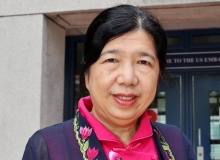
The Malaysian courts order the reopening of the case, the disclosure of Raymond Koh's whereabouts, and millions in compensation. We spoke to his wife, Susana Liew.
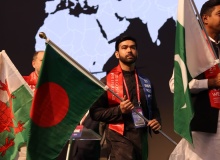
The World Evangelical Alliance held its general assembly in Seoul. Xesús Manuel Suárez shares his experience at a gathering that marks a turning point for the global evangelical body.
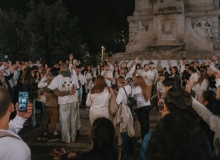
On 31 October, amid Halloween celebrations, one thousand young people wearing white shirts visited several squares in Madrid to share the message of the gospel, ending with a time of testimonies and worship.
.png)
The church in all its diversity is undergoing a major global reconfiguration, but Europe, with humility, should not fail to contribute what it is able to. A reflection based on Jason Mandryk's talk at the General Assembly of the World Evangelical Alliance in Seoul.
.png)
In less than a week in September, public television broadcasts stigmatised evangelicals in both countries. How should we interpret this?
.png)
The Spanish Evangelical Alliance is proposing that the WEA hold its general assembly more frequently, that the international leadership be more accountable, and that national alliances regain a central role. It welcomes the profile of the new CEO. An interview with general secretary X. Manuel Suárez.
.jpg)
From sleepless nights to natural disasters such as the one in Valencia in 2024. Christian climate researchers share their experiences from Italy and Spain.
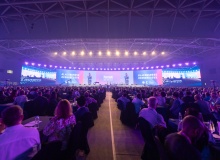
The shared love for Christ and the desire to make Him visible gives participants the courage to move beyond their differences, to work together and to seek mutual understanding.

What are the significant outcomes from such a global Christian in-gathering in revitalising our outward vision to impact the world for Christ?
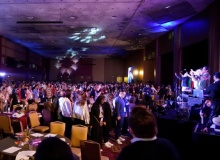
A report from the Ibero-American Missionary Cooperation Congress (COMIBAM), which gathered over 1,600 evangelicals from 25 countries in Panama City.
.jpg)
A report from the ground with highlights from this year's Portuguese Evangelical Forum.
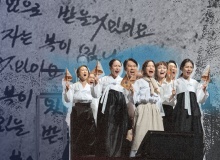
South Korea is widely recognized as one of the most important mission forces in the contemporary period.
.png)
Two senators, a law professor, education experts and many representatives of religious minorities addressed issues and opportunities in Italy at a journey organised by the Italian Evangelical Alliance.
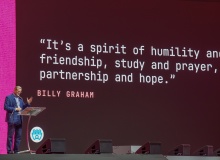
The emphasis on reconciliation, faith in the workplace, and the next generation offers a model for how the Ukrainian church can address its own context.
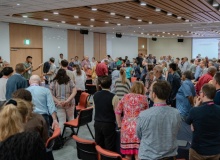
How does one make an effective Christian presence in the midst of a Europe that, more than asleep to the Gospel, seems comatose or almost dead?
Hugo Pinto, writer and preacher in Portugal, reflects on the practicality of faith in all areas, including finance. “Money is like a knife in the kitchen”.
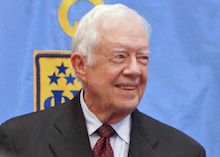
A Baptist Christian, Carter dedicated his life, after a political career, to promoting reconciliation and peace in the world.

The evangelical churches in the southern Spanish city brought the Christian message of Christmas to the city in a joint event attended by the authorities.
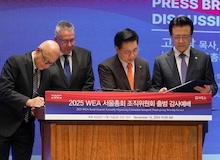
The World Evangelical Alliance signed a memorandum with Korean denominations that form the organising committee for the event to be held in Seoul in October 2025.
Christians protested against an anti-discrimination law that would restrict the freedoms of churches and individuals to live out their faith.
.jpg)
While evangelical and Muslim places of worship grew significantly, the rest of the confessions remained the same or fell in number compared to 2023.
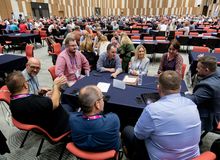
The ripples from this Congress will be felt for years. Whether it is a renewed emphasis on cross-cultural missions, a rethinking of justice and evangelism, or a new coalition to address migration.
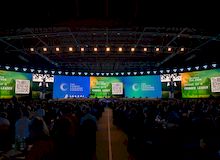
Four ways Lausanne’s latest congress in Incheon-Seoul impacted global evangelicalism.
.png)
The topic stimulated a broad comparison between the various positions and experiences in our country and beyond.

Las opiniones vertidas por nuestros colaboradores se realizan a nivel personal, pudiendo coincidir o no con la postura de la dirección de Protestante Digital.